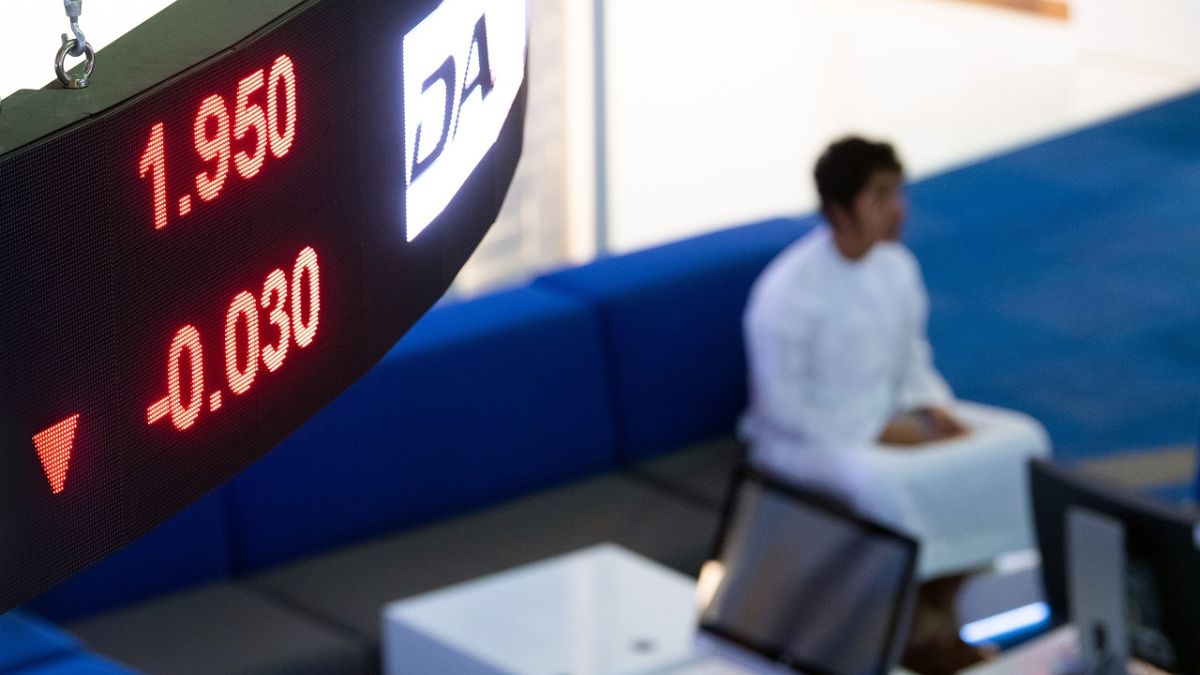India’s market regulator, the Securities and Exchange Board of India (SEBI), is set to impose stricter rules on derivatives trading, according to Reuters. The new regulations are designed to increase entry barriers and raise costs for retail investors trading in risky derivatives contracts.
According to sources familiar with the Reuters, SEBI plans to limit the number of options contract expiries to one per exchange per week. Additionally, the minimum trading amount is expected to nearly triple. These changes echo proposals made in July and aim to curb speculative trading by retail investors.
SEBI will also review earlier proposals to raise margin requirements and monitor intraday trading positions as stated by Reuters. These measures are part of a broader effort to address concerns about rising speculative volumes in India’s booming derivatives market.
In August, the notional value of derivatives traded in India reached an unprecedented 10,923 trillion Indian rupees (approximately $130.13 trillion), making it the highest globally. A significant portion of this trading is in options contracts tied to major stock indices such as the BSE Sensex and NSE Nifty 50.
The proportion of individual investors trading in index options has surged to 41% for the financial year ending March 2024, up from just 2% six years ago. This dramatic increase has raised concerns about market stability and investor protection.
SEBI’s upcoming rules, expected to be formalized later this month, aim to mitigate these risks. The measures are part of a broader strategy to ensure market stability and safeguard small investors. The final details of the regulations will be announced through an official circular.
The move follows a July tax increase on derivative transactions intended to reduce retail investor activity in the options market. India’s finance minister had previously expressed concerns about the potential risks posed by unchecked retail trading in derivatives.


